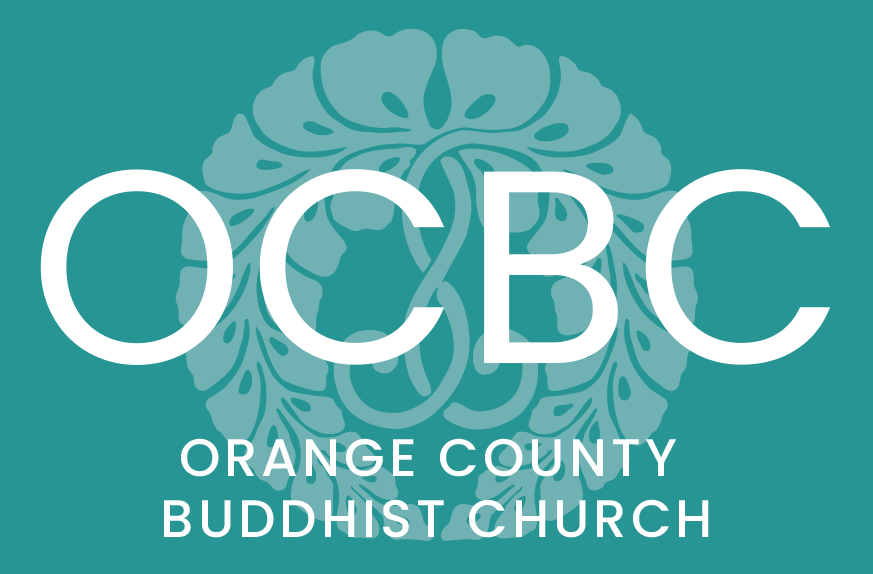Fluke: Chance, Chaos, and Why Everything We Do Matters
This month, the Shin Reader reviews the book Fluke: Chance, Chaos, and Why Everything We Do Matters (2024) by Brian Klaas. I discovered this book through the recommendation of Rev. Jerry Hirano at the Salt Lake Buddhist Temple. The following is one of his favorite quotations from this book.
“I am a (disillusioned) social scientist. Disillusioned because I’ve long had a nagging feeling that the world doesn't work the way that we pretend it does. The more I grappled with the complexity of reality, the more I suspected that we have all been living a comforting lie, from the stories we tell about ourselves to the myths we use to explain history and social change. I began to wonder whether the history of humanity is just an endless, but futile, struggle to impose order, certainty, and rationality onto a world defined by disorder, chance, and chaos. But I also began to flirt with an alluring thought: that we could find new meaning in that chaos, learning to celebrate a messy, uncertain reality, by accepting that we, and everything around us, are all just flukes, spit out by a universe that can’t be tamed.” (Page 11)
This is the idea of interdependence taken to its logical conclusion. As Joseph Campbell says, we may not like it but this is just the way it is. Everything is the result of an infinite number of causes and conditions. Reality is infinitely deterministic. Every action or thought is conditioned, dependent on everything that has come before.
We don’t like this because it challenges our sense of self. It threatens our autonomy and belief in free will. Klass explains it in this way,
“If we wish to rescue free will from the jaws of [causes and conditions] then we must propose ... that the human brain has a unique magical property, replicated nowhere else in the known universe ... that within our brains is some otherworldly, supernatural substance that is completely independent and totally different from every other type of matter in the universe, allowing us to make [independent] decisions.” (Page 232)
He classifies two ways in which this truth plays itself out in our everyday lives. First, there are convergent events. This is where our culture and politics are moving in a certain direction and then slowy picks up momentum over time. World War II is an example of this. Second, they are contingent events when one small change suddenly creates a large effect. For example, one person contracted COVID-19 which set off a massive worldwide pandemic in a matter of months.
We have trouble accepting both of these. The former discounts the “Great Man” theory that history is shaped by exceptional individuals. It is easier to blame Hitler for WWII than ourselves. The latter is difficult because we often assume that large effects are due to large causes. It is very frightening when we realize that they often are not. Klaas suggests that these huge contingent events will occur more often as world economies become much more linked together and optimized with reduced redundancies. The sudden collapse of the worldwide supply chain during COVID is such an example.
But there is also a very bright side to this.
“... One of the beautiful implications of accepting the intertwined, contingent way the world really works is that everyone – and everything that a person does in a lifetime – matters. Many of our ripple effects will be hidden to us ... The truth of this fresh worldview provides a much more potent message than any self-help book can imagine; we may control nothing, but we influence everything.” (Page 255)
The following might even be the elavator speech for the question “What is Namoamidabutsu?”
“... If you think of yourself as a constituent part of a greater whole, a sentient, complex being that is constantly causing and being caused by the unity of an interconnected world stretching well beyond your most distant ancestors, then acknowledging this ... tapestry can feel exhilarating.” (Page 243)
“... [this] is awe-inspiring. Our present moment is woven together with infinite threads that stretch back billions of years. Try to pull on one thread, hoping to just change one microscopic corner of the tapestry, and the entire fabric would begin to unravel. Tweak one strand and likely you wouldn’t exist, or perhaps a different partner, of different children.” (Page 243)
This change of perspective, also enables us to move away from judging the events in our lives as only good or bad. Instead, we can look for meaning. We can live a life of wonder where every event is filled with gratitude rather than judgement. I would now like to close with my favorite quotation.
“But for a different tiny change, you might also have avoided that horrific heartbreak, or the loss of a loved one, or a close friend. This leads to a deeply moving conclusion. Our best moments and the worst moments are inextricably linked. The happiest moments of your life are part of the same thread in which you suffered the most crushing despair. One can’t follow without the other.” (Page 243)
Namoamidabutsu, Rev Jon Turner

